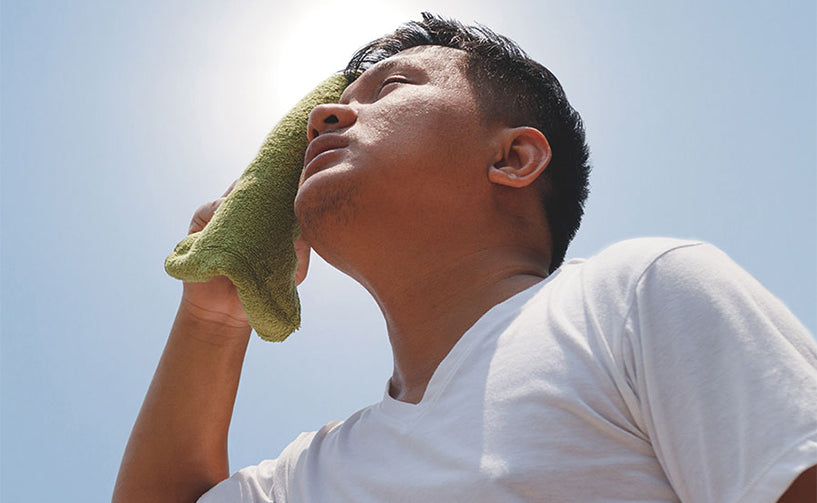Dehydration occurs when your body uses or loses more fluid than you take in. The organs, cells, and tissues fail to function efficiently when you are dehydrated, which can lead to headaches, lethargy, constipation or even dangerous complications. Any age group is susceptible to dehydration –if you are not drinking enough water during hot weather, especially when exercising vigorously. However, the condition is especially dangerous for young children and older adults.
The most common cause of dehydration in young children is severe diarrhoea and vomiting. Older adults naturally have a lower water volume in their bodies and may have conditions or take medications that increase the risk of dehydration. Dehydration can be mild or severe. Mild dehydration can be easily treated at home while severe dehydration needs immediate medical treatment.
Symptoms
The symptoms differ depending on whether the condition is mild or severe. It may begin to appear before total dehydration takes place.
- Fatigue
- Dark urine
- Headache
- Excessive thirst
- Dizziness
- Low blood pressure
- Rapid heart rate
Do's
- Rehydrate
- Eat foods with high water content
- Be cautious about doing activities during extreme heat
Don'ts
- Avoid soda
- Avoid alcohol
- Avoid overly sweet drinks or caffeine.






